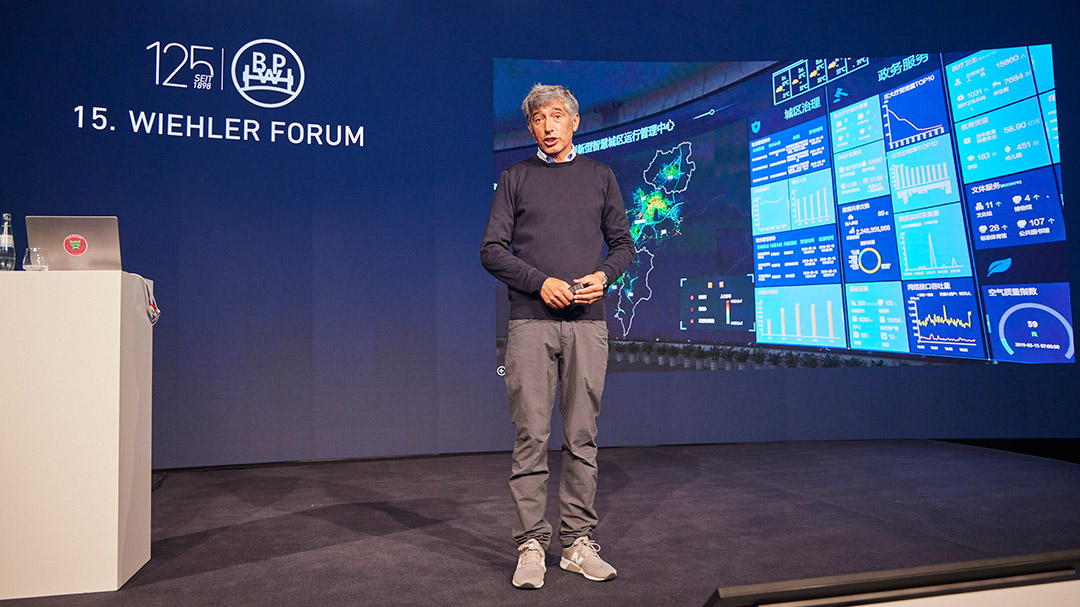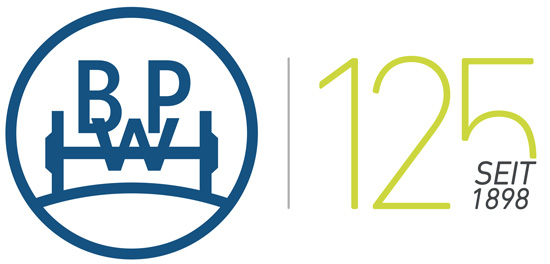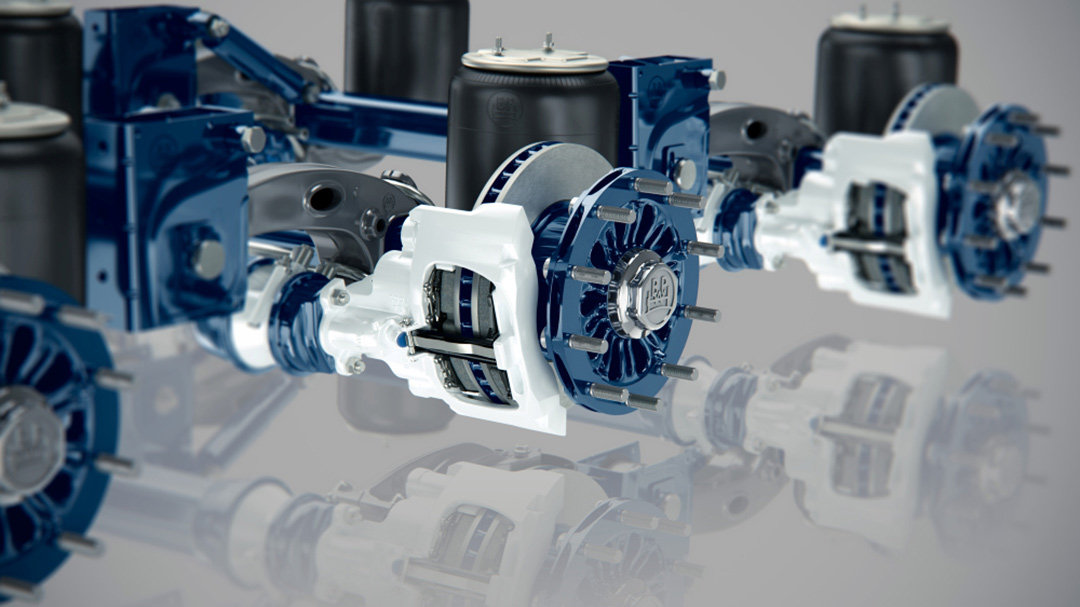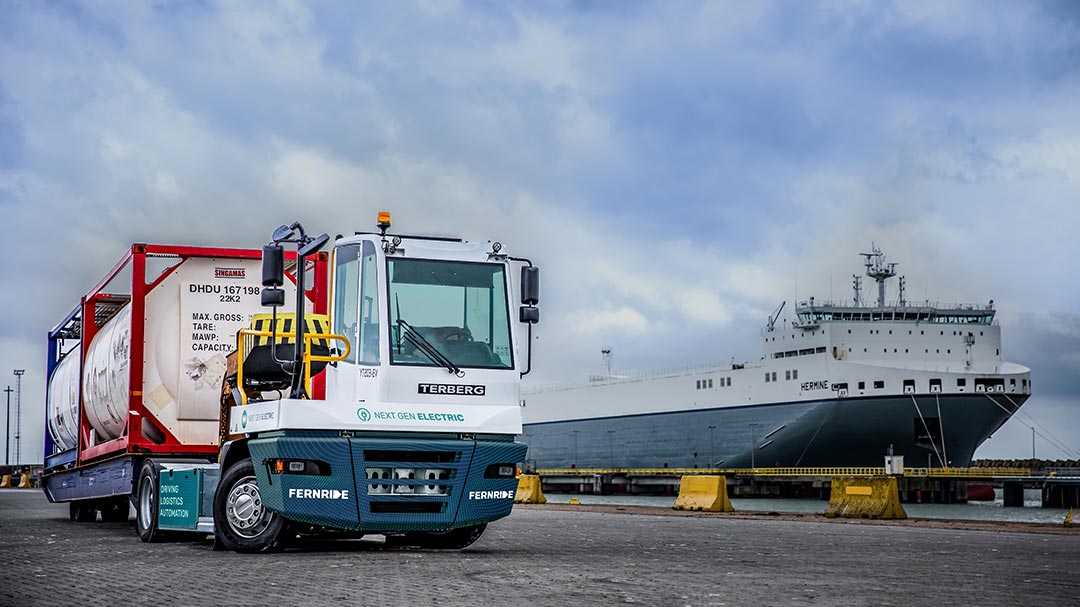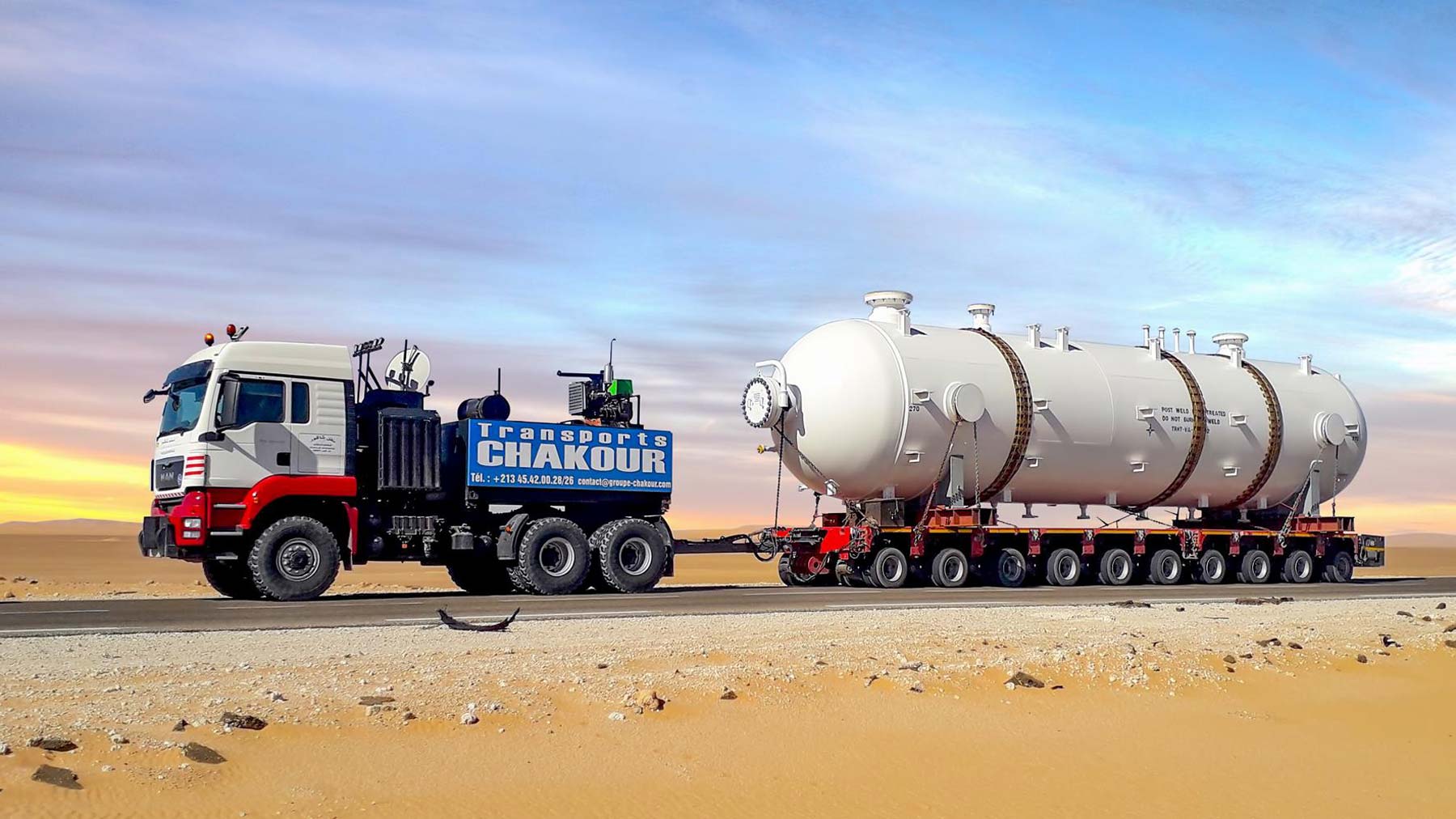Reading time approx. 3 minutes
Text: Juliane Gringer
Photos: BPW
In view of the current challenges, how can transport and logistics remain competitive in the future? Science journalist Ranga Yogeshwar provided some exciting impulses at the Wiehl Forum of BPW Bergische Achsen and explained how companies should react to the most important influencing factors.
Pandemic, rising commodity prices and uncertain energy supplies: especially over recent years, we have all been confronted with major challenges that also have an effect on transport and logistics in particular. Science journalist Ranga Yogeshwar drew on a quote from Max Frisch at the Wiehl Forum of BPW to discuss how to deal with change: “Crisis is a productive state. You just have to take away the aftertaste of disaster.” Yogeshwar is convinced: “This change will remain. I personally assume that the processes of change that are currently taking place will continue – and also at their enormous speed.” The most important influencing factors for him: the change in the labour market, the rapid development of technology and globalisation. On stage in Wiehl, he also revealed what he considers to be the most important secret of success for the German economy.
New rules on the labour market
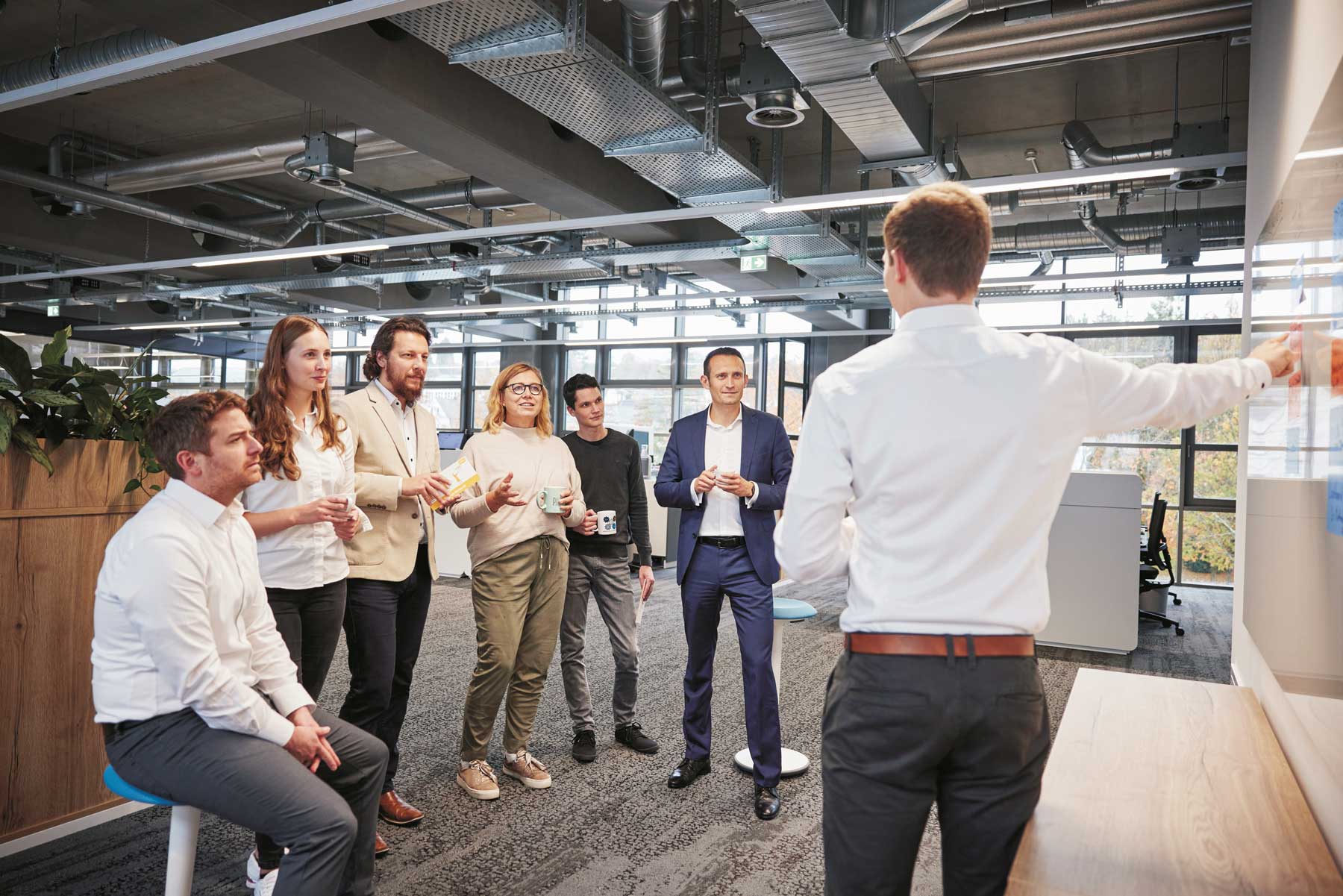
»Even more so than today, it will then be the companies that compete for young talent, not the other way around.«
Ranga Yogeshwar, science journalist and author
Remain open to technological developments
And it is getting better and better at creating neural networks that function on the model of nature: “Each of the approximately 100 billion nerve cells in our brain is connected to about 10,000 others and can process correspondingly complex signals,” says Yogeshwar. With the increased power of computers, digital neural networks can process a very large number of signals and are capable of learning. This can be used in medicine, for example, where X-ray images can be easily interpreted using artificial intelligence.
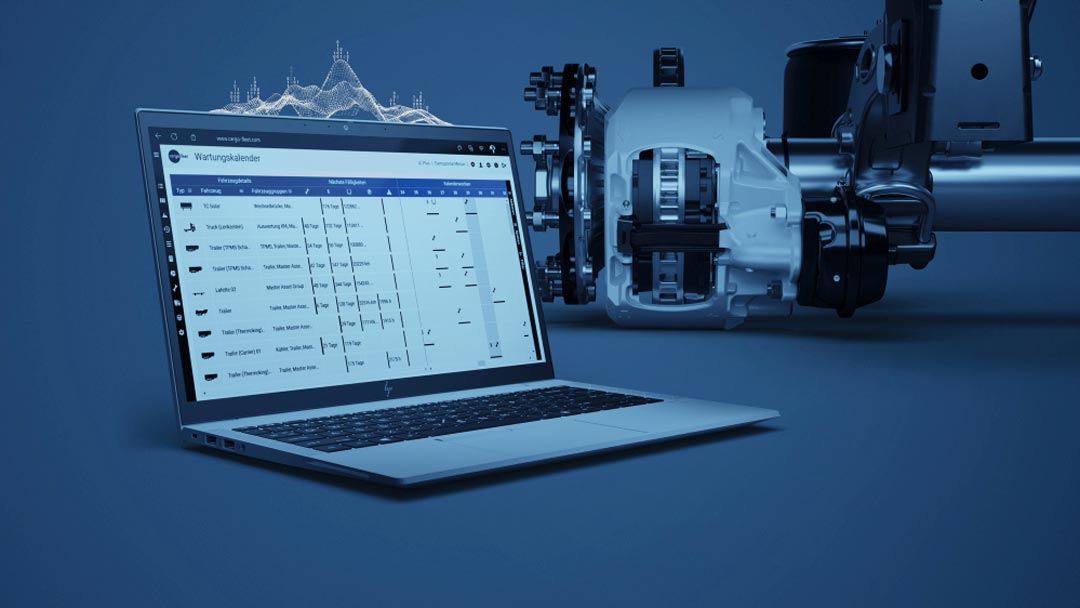
In logistics, artificial intelligence can improve efficiency in the various processes of the supply chain, increase their precision and save costs. Whether tracking goods in real time, route optimisation, automation in the warehouse, Predictive maintenance or customs clearance: AI is being used increasingly in many areas. And iC Plus, the new trailer running gear generation from BPW, is also operating for the first time with artificial intelligence. When combined with the cargofleet 3 telematics platform, it helps to reduce cost and time pressures and allows forward-looking fleet maintenance.
Existing in a globalised economy
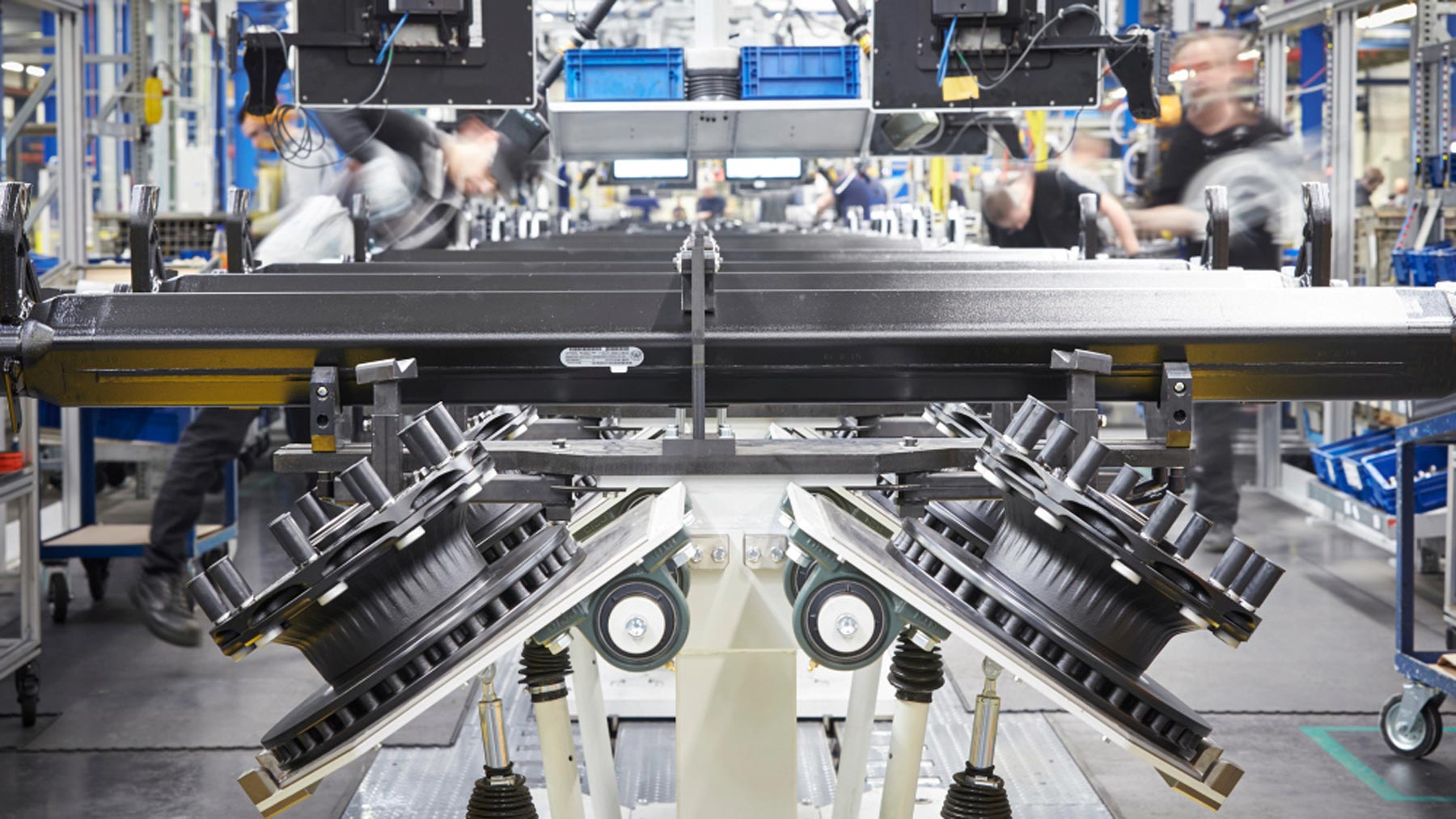
»In other words: the rest of the world is not asleep.«
Ranga Yogeshwar, science journalist and author

